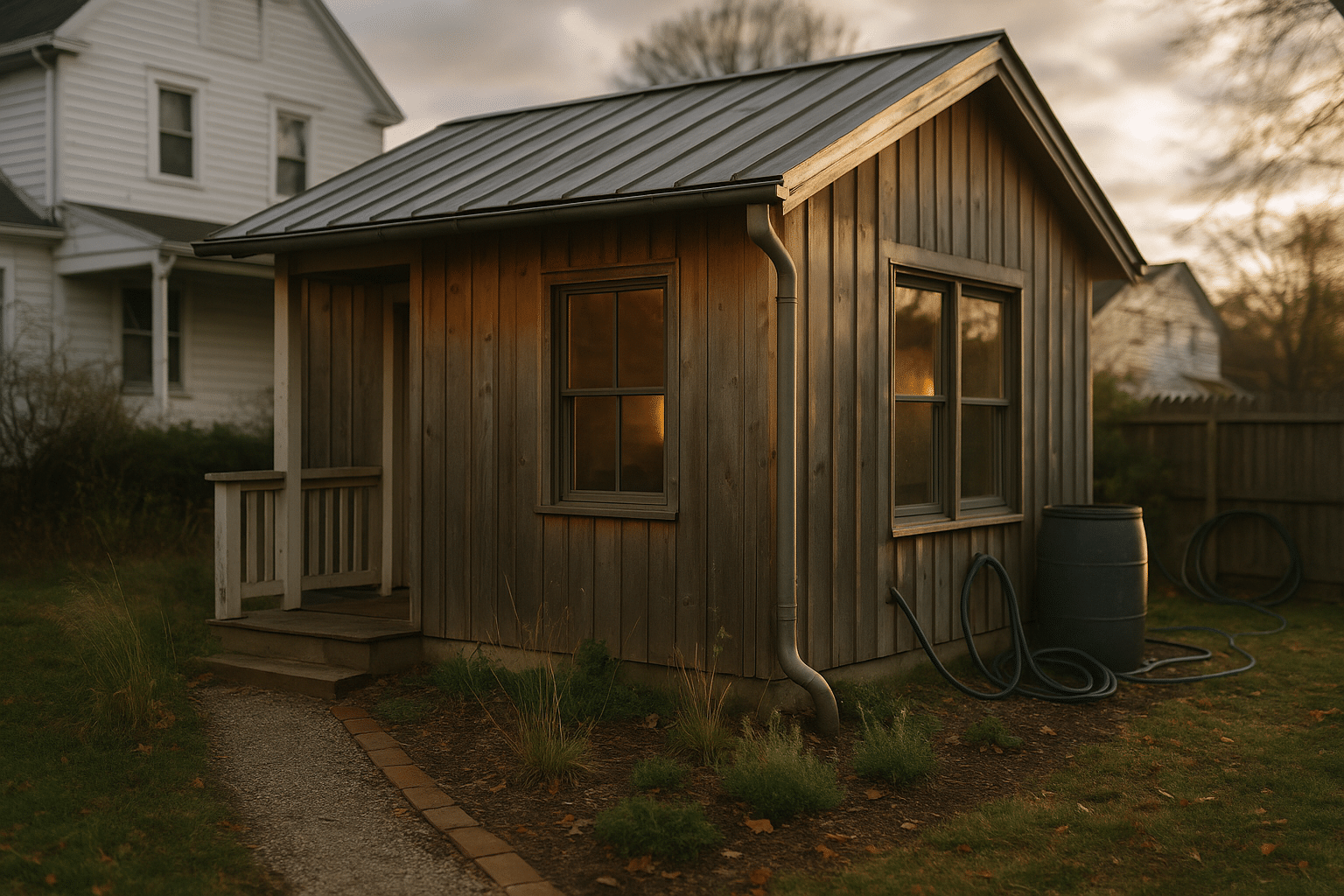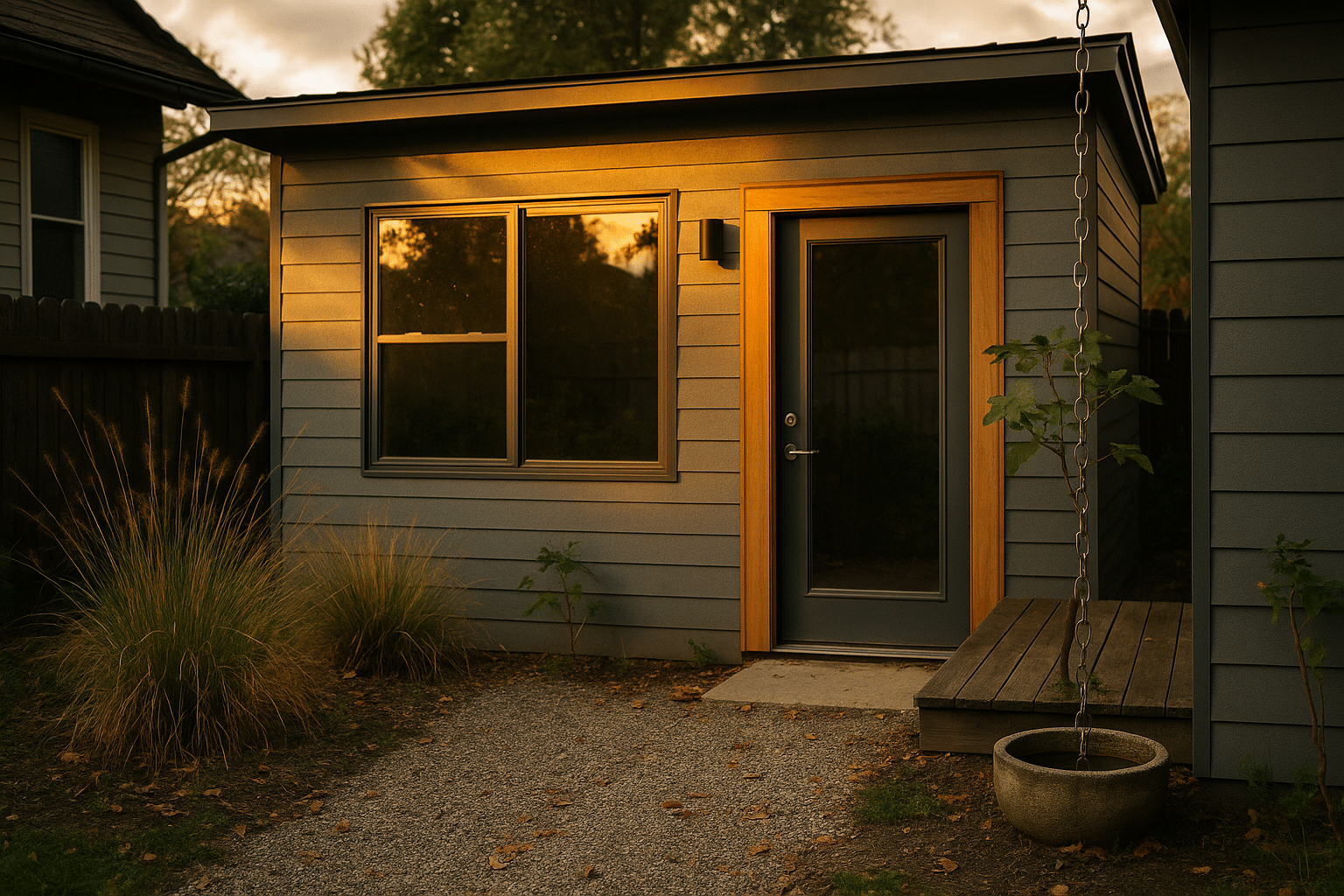
Understanding Rent-to-Own Houses: A Comprehensive Guide
Introduction to Rent-to-Own Houses
In the ever-evolving landscape of real estate, rent-to-own houses offer a unique pathway to homeownership. This arrangement provides a bridge between renting and buying, allowing prospective homeowners to gradually transition into property ownership. By understanding the mechanics of rent-to-own agreements, individuals can make informed decisions about whether this option aligns with their financial goals and lifestyle. This article explores the dynamics of rent-to-own houses, offering valuable insights into their potential benefits and challenges.
How Rent-to-Own Agreements Work
Rent-to-own agreements typically consist of two main components: a standard lease agreement and an option to purchase the property at a later date. During the lease period, tenants pay rent as they would in a traditional rental arrangement. However, a portion of this rent is often credited toward the down payment or purchase price of the home. This dual-purpose setup allows tenants to accumulate equity while enjoying the flexibility of renting.
The option to purchase is a crucial feature of rent-to-own agreements. It grants tenants the right, but not the obligation, to buy the property at the end of the lease term. The purchase price is usually agreed upon at the start of the lease, providing predictability in the face of potential market fluctuations. This arrangement can be particularly appealing in regions with rapidly increasing property values.
It’s important to note that not all rent-to-own agreements are structured the same way. Terms and conditions can vary significantly, making it essential for prospective tenants to thoroughly review and understand their contract. Engaging a real estate attorney can be a wise step to ensure clarity and protection throughout the process.
Benefits of Rent-to-Own Houses
Rent-to-own houses offer several advantages that can make them an attractive option for certain individuals. One of the primary benefits is the opportunity to build credit and improve financial standing. By consistently paying rent on time, tenants can enhance their credit history, which can be advantageous when seeking mortgage approval in the future.
Additionally, rent-to-own arrangements provide time for potential buyers to save for a down payment. Since a portion of the rent is often allocated toward the purchase price, tenants can accumulate savings in a structured manner. This can be particularly beneficial for individuals who may struggle with traditional savings methods.
Furthermore, rent-to-own agreements allow tenants to experience living in the home and neighborhood before committing to a purchase. This firsthand exposure can help individuals determine if the property truly meets their needs and if the community aligns with their lifestyle preferences.
Challenges and Considerations
Despite their advantages, rent-to-own houses come with potential challenges that prospective tenants should consider. One significant drawback is the possibility of losing the option fee or rent credits if the tenant decides not to purchase the property. This can occur if the tenant’s financial situation changes or if they find a more suitable property elsewhere.
Additionally, tenants may face challenges if the property needs significant repairs or maintenance. Unlike traditional rentals, where landlords are typically responsible for upkeep, rent-to-own agreements often place some responsibility on the tenant. This can lead to unexpected expenses that may not have been initially anticipated.
Finally, it’s crucial for tenants to be aware of the terms regarding the purchase option. If the market value of the property decreases, they may find themselves locked into a higher purchase price than the current market rate. Conversely, if the market value increases significantly, the agreed-upon purchase price could prove advantageous.
Conclusion: Is Rent-to-Own Right for You?
Rent-to-own houses present a unique opportunity for aspiring homeowners to gradually transition from renting to owning. By understanding the nuances of these agreements, individuals can make informed decisions about whether this path aligns with their financial goals and lifestyle preferences. For those who are committed to becoming homeowners but face barriers to traditional purchasing methods, rent-to-own arrangements can offer a viable and flexible alternative.
Ultimately, the decision to pursue a rent-to-own agreement should be based on careful consideration of one’s financial situation, long-term goals, and the specific terms of the contract. By approaching this option with diligence and foresight, prospective homeowners can take meaningful steps toward achieving their dream of owning a home.


